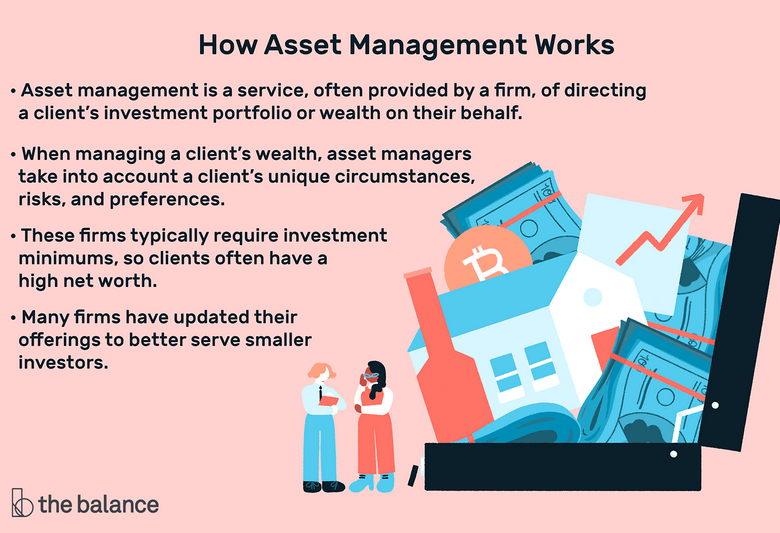Definition and Examples of ERISA
ERISA is a complete federal legislation that protects staff in employer-sponsored well being and retirement plans, besides these provided by authorities entities or church buildings (usually). It requires most personal employers that voluntarily supply advantages to adjust to federal and state laws or face penalties.
The act covers retirement advantages together with pensions, profit-sharing plans, employer-sponsored particular person retirement accounts (IRAs) and 401(okay)s; welfare plans like well being, dental, incapacity, and life insurance coverage; well being care plans provided via employers; in addition to scholarship funds, trip, and severance pay.
Be aware
ERISA requires plan sponsors to supply plan members and beneficiaries with necessary profit info, together with protection, prices, and funding. It additionally holds plan managers and fiduciaries accountable via established guidelines of conduct and safeguards plan funds from mismanagement and abuse.
Within the case of termination, fund mismanagement, or fiduciary wrongdoing, ERISA ensures fee of advantages via the federally chartered company, Pension Profit Warranty Company (PBGC). It additionally permits plan members to sue via a grievance and appeals course of to acquire their advantages.
- Acronym: ERISA
Upon new employment, you obtain a new-hire packet with brochures on well being and retirement plans provided by the corporate. ERISA requires employers to supply staff with this info. The packet ought to embody a abstract plan description detailing plan choices, declare processes, and eligibility necessities. Moreover, plan members additionally will obtain annual notices and profit summaries within the mail periodically.
How ERISA Works
ERISA protects worker pursuits in addition to employers. It gives steerage for plan managers, ensures staff obtain their advantages, and gives safety for plan contributions and property.
Be aware
Companies aren’t required to supply worker advantages, however they need to meet the minimal requirements outlined inside ERISA in the event that they do. Failing to conform may end in disqualification of plans and different penalties.
The usual necessities outlined by ERISA embody:
- Disclosure of well being and retirement profit info to staff
- A longtime claims process
- Nondiscriminatory practices based mostly on well being or incapacity
- A uniform vesting schedule
- Reporting plan info with the Division of Labor and IRS
- Making well timed contributions
- Fiduciary accountability to behave in the most effective curiosity of members
- Minimal funding necessities
- Plan property to be held in a belief or insurance coverage contract
- The proper to continuation of group well being protection
- A longtime appeals and grievances course of
- The proper to sue for advantages for any fiduciary wrongdoing
- Fee assure of sure advantages via the PBGC
“ERISA was enacted to guard the pursuits of members and beneficiaries by, amongst different issues, creating very excessive requirements for these accountable for administering plans,” Garofolo stated. “ERISA additionally permits members and beneficiaries to file lawsuits in federal court docket to guard their rights and advantages and offers broad authority to a authorities company to research and implement the statute.”
Oversight
ERISA oversight is split between the Division of Labor, the Inner Income Service (IRS), and the PBGC.
The Division of Labor’s Worker Advantages Safety Administration (EBSA) enforces ERISA’s provisions surrounding fiduciary obligation and prohibited transactions. The IRS focuses on participation, vesting, and funding points. The PBGC serves as a fail-safe by insuring minimal assured advantages for some pension plans.
Submitting a Grievance
Garofolo defined how ERISA’s governance may play out within the office. For instance, if an worker turns into disabled and their employer gives a incapacity plan, they could submit a declare for advantages below the claims process required by ERISA.
If that declare is denied, then ERISA mandates that the plan should present a full and honest evaluation of all denied claims, Garofolo stated. If the plan administrator determines that the worker isn’t entitled to incapacity advantages, then the administrator should present the worker with sure info, together with the explanations for the denial and the plan provisions that kind the idea of the denial.
After the worker completes the claims course of, the worker can file a lawsuit below ERISA, and a court docket could decide that the worker is entitled to advantages below the plan.
Amendments to ERISA
Since its inception, ERISA has been amended a number of occasions to broaden its protections. The three most typical additions are the Consolidated Omnibus Price range Reconciliation Act (COBRA), the Well being Insurance coverage Portability and Accountability Act (HIPPA), and the Reasonably priced Care Act (ACA).
COBRA permits some staff and their households to proceed to buy well being protection for a restricted time after a qualifying occasion, comparable to a layoff.
HIPPA protects affected person info and reduces well being protection discrimination based mostly on pre-existing situation exclusions.
The ACA gives entry to inexpensive well being look after hundreds of thousands of People. As well as, it made reforms to the medical insurance market to make it simpler for employers to supply medical insurance.
Different amendments embody the Newborns’ and Moms’ Well being Safety Act, the Ladies’s Well being and Most cancers Rights Act, and the Psychological Well being Parity and Dependancy Fairness Act.
- ERISA regulates retirement and welfare plans for hundreds of thousands of People.
- Employers should adjust to minimal requirements set by ERISA or face penalties.
- ERISA offers staff the appropriate to an appeals and grievances course of, to combat discrimination, and to sue for advantages or fiduciary wrongdoing.
- ERISA ensures sure pension advantages within the occasion of plan termination.










